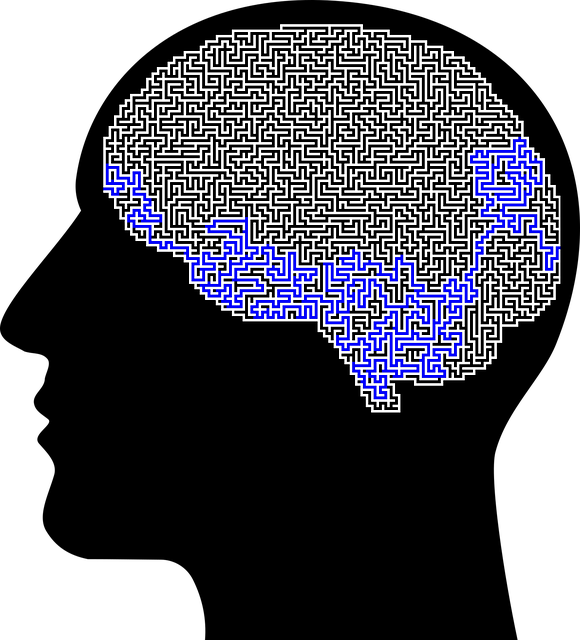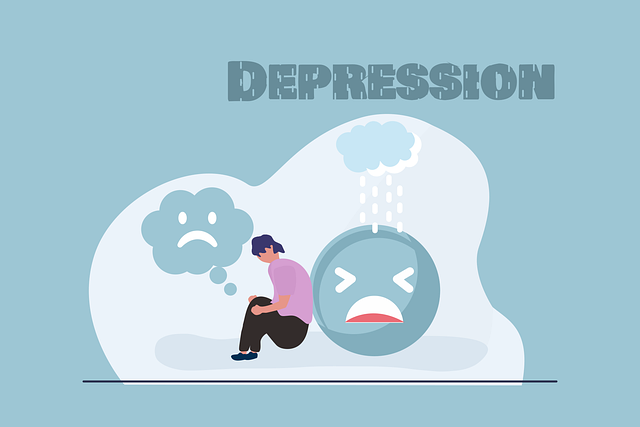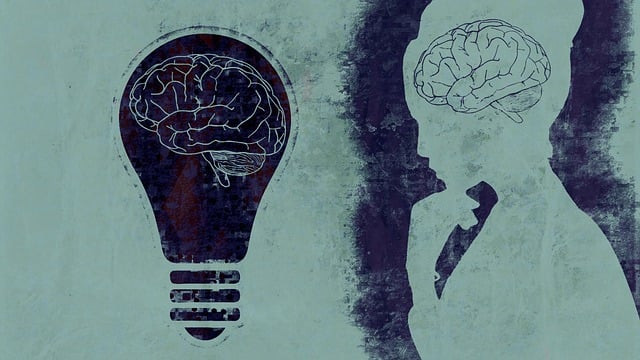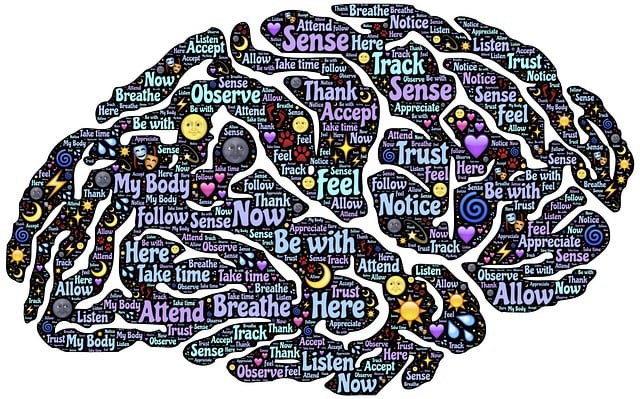Mental wellness coaching in Broomfield, Colorado, offers a holistic approach combining cognitive behavioral techniques with mindfulness meditation to empower individuals in managing stress and relationship issues. Broomfield Relationship Issues Therapy (BRIT) specializes in helping couples overcome communication barriers and conflicts, promoting healthier dynamics through community outreach programs featuring workshops, support groups, and educational podcasts. Effective coaching blends individualized support, cultural sensitivity, and evidence-based techniques, fostering self-discovery through safe, confidential spaces and regular assessments. Group activities enhance therapy effectiveness by encouraging peer mentoring and collaborative problem-solving, benefiting both personal and professional lives.
“In today’s fast-paced world, mental wellness coaching has emerged as a powerful tool for personal growth. This article delves into the transformative potential of this modern approach, offering a comprehensive guide on effective strategies. We explore ‘Broomfield Relationship Issues Therapy’ as a case study, addressing common challenges in couples’ therapy. From understanding coaching fundamentals to designing tailored programs and providing integration support, these sections equip mentors and coaches with essential tools. Discover how to enhance mental wellness journeys and foster lasting positive change.”
- Understanding Mental Wellness Coaching: A Modern Approach to Personal Growth
- Broomfield Relationship Issues Therapy: Addressing Common Challenges in Couples
- Designing Effective Coaching Programs: Strategies for Mentors and Coaches
- Integration and Support: Ensuring Success in Mental Wellness Coaching Journeys
Understanding Mental Wellness Coaching: A Modern Approach to Personal Growth

Mental wellness coaching is a modern approach to personal growth that focuses on empowering individuals to navigate life’s challenges with resilience and self-care. Unlike traditional therapy, which often tackles specific mental health disorders, coaching provides a holistic framework, addressing various aspects of well-being such as stress management, relationship issues, and self-esteem. In the heart of Broomfield, Colorado, where bustling communities coexist with serene natural landscapes, wellness coaches play a pivotal role in fostering resilience and enhancing quality of life.
Through tailored strategies, such as mindfulness meditation techniques, these coaches help clients develop coping mechanisms for anxiety, depression prevention, and confidence boosting. By integrating cognitive behavioral principles with practices rooted in ancient wisdom, coaching sessions create a safe space for introspection and personal transformation. This proactive approach to mental wellness is particularly appealing, enabling individuals to take control of their emotional well-being before issues escalate into more severe mental health concerns.
Broomfield Relationship Issues Therapy: Addressing Common Challenges in Couples

In many modern communities, relationship issues have become a prevalent concern, leading to the rise of specialized therapies like Broomfield Relationship Issues Therapy. This therapeutic approach is designed to help couples navigate and overcome challenges that may have seemed insurmountable. By addressing communication barriers, unmet needs, and conflict resolution strategies, this therapy fosters healthier dynamics and strengthens bonds. The goal is not just to manage problems but to empower partners with tools for long-term mental wellness, preventing potential burnout in both individuals and relationships.
Broomfield Relationship Issues Therapy can be particularly beneficial when integrated into broader community outreach program implementations. These programs often include educational workshops, support groups, and even the production of a Mental Wellness Podcast Series that tackles common themes and provides practical advice for couples. Such initiatives not only raise awareness about relationship health but also offer accessible resources, making it easier for individuals to seek help early on.
Designing Effective Coaching Programs: Strategies for Mentors and Coaches

Designing effective coaching programs requires a strategic approach that caters to individual needs while fostering personal growth and well-being. Mentors and coaches play a pivotal role in guiding individuals through their mental wellness journeys, particularly when addressing Broomfield Relationship Issues Therapy. A successful program should incorporate tailored interventions, considering the unique cultural backgrounds of clients, thereby demonstrating cultural sensitivity in mental healthcare practice. By integrating evidence-based techniques, such as teaching emotional regulation skills and facilitating open communication strategies, coaches can create a supportive environment that encourages exploration and self-discovery.
Effective coaching involves active listening, empathy, and the ability to provide constructive feedback. Mentors should employ adaptive teaching methods, ensuring the program’s flexibility to accommodate diverse learning styles and individual progress. Regular assessments and goal-setting exercises enable clients to track their development, fostering a sense of accomplishment and motivation. Moreover, creating a safe space that respects confidentiality encourages honest self-reflection, allowing individuals to explore complex emotions and challenges with greater ease.
Integration and Support: Ensuring Success in Mental Wellness Coaching Journeys

In the realm of mental wellness coaching, integration and support are pivotal for ensuring successful journeys towards improved psychological well-being. Effective programs go beyond individual therapy sessions by fostering a sense of community and interconnectedness. This involves designing structured activities that encourage clients to engage with like-minded individuals facing similar challenges, creating a supportive network. By incorporating group discussions, peer mentoring, and collaborative problem-solving, coaches can enhance the overall effectiveness of their interventions.
For instance, a Community Outreach Program Implementation focused on addressing Broomfield Relationship Issues Therapy can benefit from self-awareness exercises tailored to group settings. These activities help participants understand their emotional patterns and triggers, fostering open communication and empathy within the group. Such integrated approaches not only strengthen mental wellness but also encourage the adoption of healthy coping strategies that resonate in both personal and professional contexts.
Mental wellness coaching has evolved as a powerful tool for personal growth, and the development of structured programs like Broomfield Relationship Issues Therapy is a significant step forward. By addressing common challenges in couples’ therapy, these programs offer a modern approach to enhancing mental health. Through strategic designing, effective integration, and supportive environments, coaches can create successful journeys tailored to individual needs. This holistic process ensures that clients not only overcome current issues but also gain lasting tools for future wellness.












